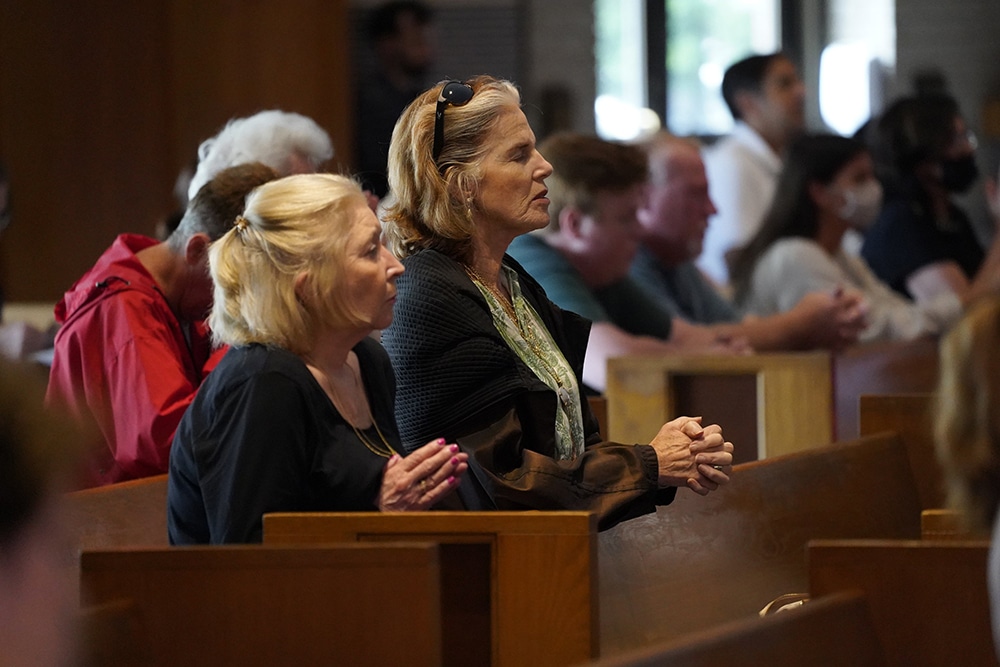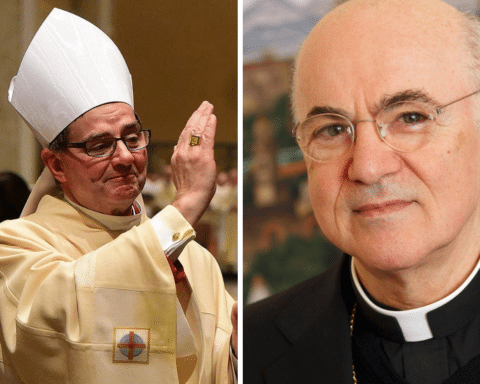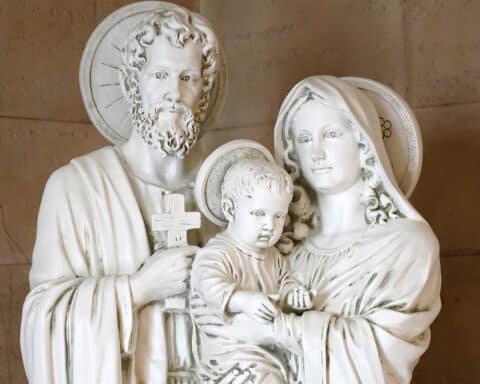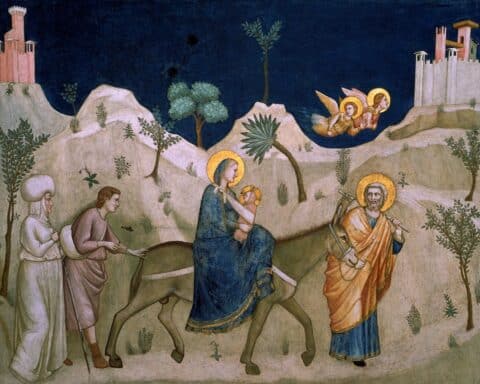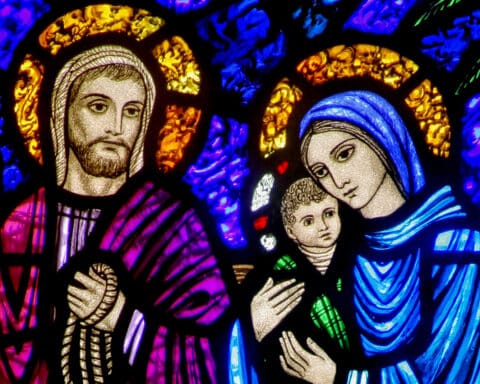
— Name, location withheld
Answer: This year it was not a holy day of obligation, but most other years it is. Some decades ago, the bishops of the United States decided that if a holy day of obligation occurs on a Saturday or a Monday, it does not oblige. Christmas and the solemnity of the Immaculate Conception are exceptions to this; they are always holy days of obligation. This rule has unfortunately made for an awkward and confusing situation when it comes to knowing the law of holy days.
So, it is true that this year the solemnity of Mary, Mother of God was not a holy day of obligation since it occurred on a Saturday. This surprises many people, including priests, who are used to Jan. 1 being a holy day. Frankly, many Catholics think of Jan. 1 in terms of New Year’s Day rather than as a feast of the Blessed Mother. There is something of an instinct to start the New Year off well by going to Mass, and this is why many go; and it was good that they did.
Canon law and communion
Question: I know we should not receive Communion without confession, so sometimes I don’t, but your quote of Canon 916 that we shouldn’t even celebrate Mass is a shocker. You mean I shouldn’t even go to Mass if I can’t go to Communion? I didn’t know that.
— James Jeson, via email
Answer: In this matter, Canon 916 is referring to priests. If a priest is aware that he has mortal sin, he ought not to celebrate Mass before going to confession. If, however, he must say Mass due to the pastoral needs of the faithful (for example, he is the only priest available to say a scheduled Mass), he may do so, but must make an act of contrition with the firm plan to get to confession as soon as possible.
As for the laity, they ought to go to Mass even if they cannot receive holy Communion. This is especially the case on Sundays and holy days of obligation.
Flight to Egypt
Question: How long did the Holy Family stay in Egypt after fleeing Herod? And where did they stay?
— Norma Jackson, Washington, D.C.
Answer: We don’t know exactly, but it is generally understood to be a rather short time. There are debates as to exactly when Herod the Great died and Jesus was born. The year of Herod’s death is variously thought to be between 7 B.C. and 1 B.C. Jesus’ birth is held to be somewhere between 6 B.C. and 1 B.C. If we take the more likely years of Herod’s death and Jesus’ birth, the death of Herod likely took place within a year or two of Christ’s birth. We read of Herod’s death in the Gospel of Matthew: “When Herod had died, behold, the angel of the Lord appeared in a dream to Joseph in Egypt and said, ‘Rise, take the child and his mother and go to the land of Israel, for those who sought the child’s life are dead'” (Mt 2:19-20).
Also, the Holy Family likely stayed in Alexandria. This is on the northern coast of Egypt and had a large Jewish population at the time of Jesus.
Nativity scenes
Question: Is there some reason we put sheep, an ox and a donkey in our nativity sets? Is it just that they were common animals of the time? Do we know if they were actually there?
— Martin Masters, Boca Raton, Florida
Answer: We do not know for sure which specific animals may have been at the site of Jesus’ birth. And while it is true that such animals were commonly kept in ancient Israel, the ox and the donkey are placed in nativity sets for another reason as well. In Isaiah we read: “An ox knows its owner, and an ass, its master’s manger; But Israel does not know, my people has not understood” (1:3). Hence, there is a kind of self-accusation we make in noting the presence of these animals and placing them in our nativity sets. As for the sheep, they were common and mentioned in the nativity accounts. Even if they were not there at the birth of Jesus, some of them likely accompanied the shepherds’ visit to the site of Christ’s birth.
Msgr. Charles Pope is the pastor of Holy Comforter-St. Cyprian in Washington, D.C., and writes for the Archdiocese of Washington, D.C. at blog.adw.org. Send questions to msgrpope@osv.com.

